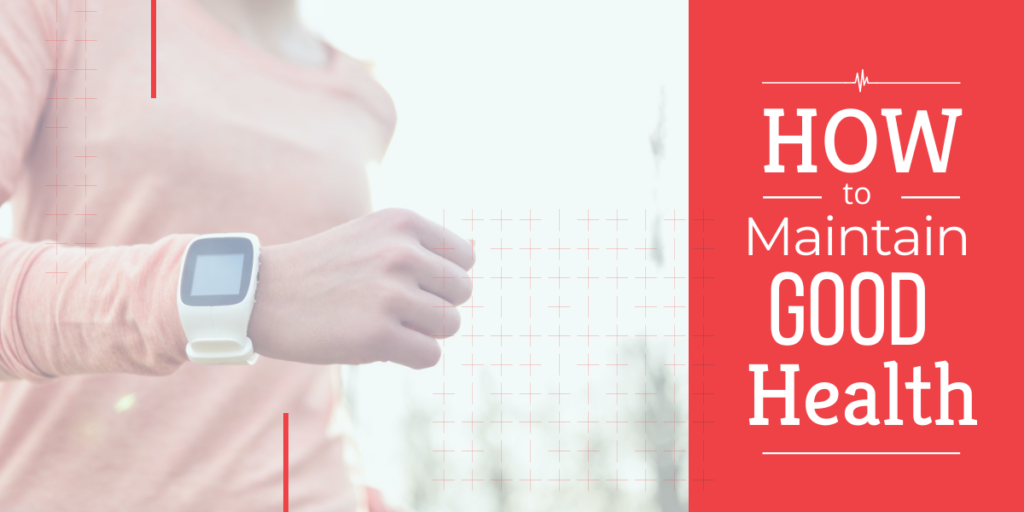Fitness and Exercise: How to Improve Your Lifestyle
In today’s fast-paced world, prioritizing overall health often becomes a challenge. Yet, dedicating time to fitness and exercise is a critical investment with extensive benefits for our bodies and minds. Regular physical activity plays a significant role in preventing chronic health conditions like heart disease, diabetes, and obesity. Beyond physical health, exercise boosts mental well-being, reduces stress, and enhances cognitive abilities.
The Power of Movement: Fitness and Exercise

The American Heart Association provides clear guidelines for integrating exercise into our lives for optimal benefits. Adults should strive for at least 150 minutes of moderate-intensity aerobic activity (activities like brisk walking) or 75 minutes of vigorous-intensity activity (activities that significantly increase your heart rate, like running) weekly. Incorporating strength training into your routine at least two days a week is also crucial for building muscle mass and improving overall strength.
One of the most appealing aspects of a fitness plan is the ability to tailor it to your preferences. Enjoying the activities you participate in is integral to your long-term success. If the traditional gym experience doesn’t appeal, there are countless options to explore: brisk walking, swimming, biking, and dancing all provide excellent cardiovascular benefits. When it comes to building strength, resistance bands, free weights, and bodyweight exercises offer effective and accessible workouts.

Beyond Cardio and Strength: Flexibility and Balance
To achieve well-rounded fitness and exercise, flexibility and balance exercises are equally important components. These exercises help improve your range of motion, reduce your risk of injuries, and enhance your overall physical performance. Yoga and Pilates are widely appreciated forms of exercise that place a strong emphasis on flexibility and balance. Regardless of the activities that you choose, listening to your body is paramount. Begin any new fitness plan steadily, gradually increasing the intensity and duration of your workouts as your fitness level improves. Be sure to include rest days for recovery; they are an essential part of any well-balanced program.
The Role of Nutrition
Just as fitness and exercise fuel our bodies, proper nutrition plays a key role in maintaining a healthy weight and maximizing workout results. A balanced diet rich in whole foods like fruits, vegetables, lean protein, and whole grains provides your body with the essential nutrients it needs to thrive. Focusing on hydration is equally important; drinking plenty of water throughout the day can significantly enhance your energy levels and workout performance.
The Holistic Benefits of Fitness and Exercise
While the physical benefits of exercise are well-known, its impact on mental health and well-being is just as profound. Regular physical activity can:
- Reduce stress and improve mood: Exercise triggers the release of mood-boosting endorphins, helping to alleviate stress and combat symptoms of anxiety and depression.
- Enhance cognitive function: Exercise increases blood flow to the brain, promoting better focus, memory, and cognitive skills.
- Improve sleep quality: Regular physical activity can help you fall asleep faster, sleep more soundly, and wake up refreshed.
- Boost self-confidence: As you build physical strength and meet fitness goals, your overall self-image and self-esteem naturally improve.
Start Your Journey to a Healthier You Incorporating regular physical activity into your life is one of the most transformative choices you can make for your long-term health. There has never been a better time than now to start this rewarding journey. If you are unsure where to begin, consider talking to your doctor, a certified personal trainer, or a physical therapist to develop a plan that aligns with your current fitness level and goals. Remember, any step toward a more active lifestyle is a positive one!







